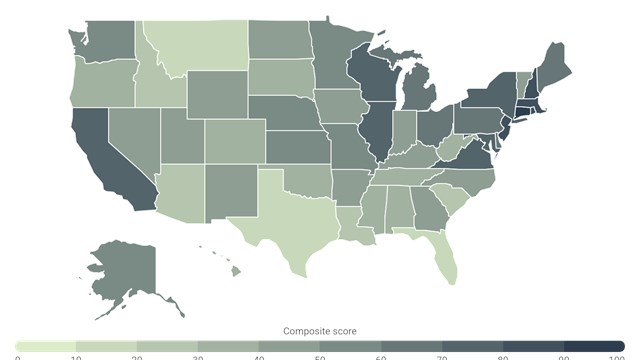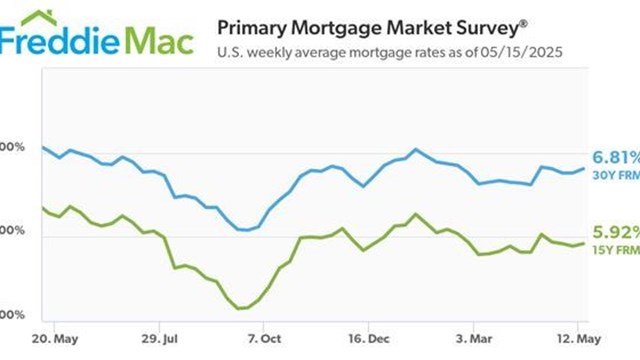
The New York State Department of Taxation and Finance recently took the position that a revocable license granted for a parking and storage spaces in a condominium building constituted a conveyance of real property under Article 31 of the state’s tax law. As such, they determined that the purchase price for each must be combined with the purchase price for the condominium unit and that transfer taxes were due on the aggregate amount.
In real estate law, a revocable license to use is a legal agreement by which a property owner gives someone else permission to use their property for a specific purpose. However, that permission can be taken away (revoked) by the owner at any time.
Digging Deeper
“At first look,” says Steven Ebert, a partner at Manhattan-based law firm Cassin & Cassin, “Unlike a deeded condominium unit, a parking or storage space granted by a use right via a revocable license is not a real property interest - so at first look one might think there is not a basis for [such spaces] to be subject to taxation. However, looking beyond the dictionary definition and seeing how the tax code actually defines it, Tax Law Section 1401(f) defines an interest in the real property to include leaseholds, beneficial interests and any other interest with the right to use real property. Clearly, the concept of storage and a parking spot is intertwined with the residential apartment and would be intended to be used by the homeowner as part of living in the residence.”
“Given the factual use situation,” Ebert continues, “the Department of Taxation and Finance has taken the position that a real estate interest’s taxability should not be changed merely because of the instrument that transfers the usage interest. If the Department of Taxation and Finance did not take this position, parties to a transaction could manipulate the amount of transfer tax paid based on pricing allocation changes between a residential apartment and the storage or parking space.”
Interestingly, in the case considered here, neither the storage space nor the parking space had a separate unit number or tax lot. No common elements were allocated to said spaces. Further, neither the storage space nor the parking space were mentioned in the deed. The Department of Taxation and Finance reviewed the contract of sale upon audit and discovered the grant of the licenses within.
The Impact
Ebert explains that when forming a condominium, some developers have storage and parking spaces classified as a unique tax lot that are transferred via deed. He has seen this create complications for homeowners as they must remember that those units have separate tax bills that must be paid. A license agreement can be more closely watched by condominium management and the homeowner does not run the risk of non-payment of property taxes, hence its employment as a legal vehicle in this and similar cases.
This scenario is now the norm. “I do not believe that this ruling runs counter to the general proposition that license agreements are personal property and not subject to the transfer tax,” says Ebert. “This opinion clearly is limited to transfers of real property as part of the definition of real property. Section 1401, the governing section, includes legal rights in buildings, structures, and other improvements thereon. Clearly, the storage or parking space is an improvement to real estate, interconnected with a residence, and is giving the licensee a level of dominion and control, access, and use. The ruling focuses on the substance of use and not a mere label when determining taxation.”
This ruling is important for sponsors selling residential apartments, as well as co-op and condo owners reselling their properties. As most buildings stipulate that only a residential unit owner can own a storage or parking space, most transactions include the spaces with the sale of a residential unit. This ruling becomes very important when one looks at the storage and parking spaces independently. This gives important guidance and certainty to the transaction parties as the seller and purchaser are jointly and severally liable for any unpaid transfer taxes, which can include interest and penalties when unpaid.









Leave a Comment